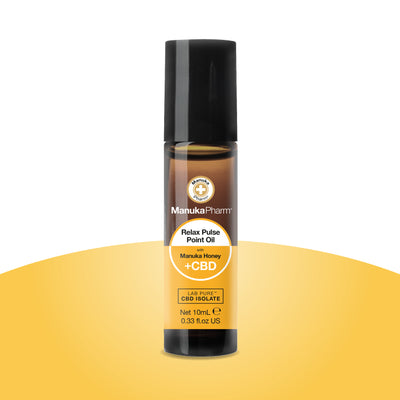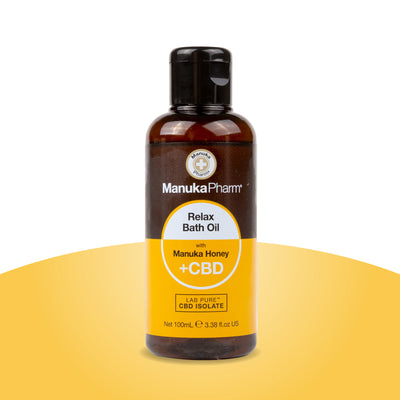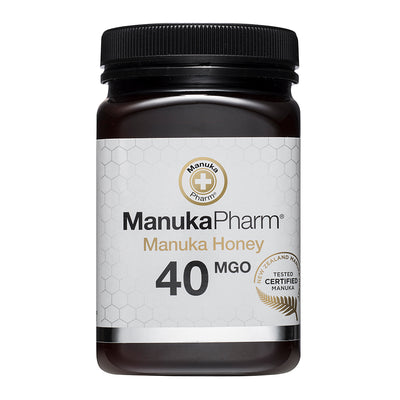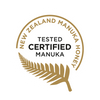Anxiety is a feeling of unease, such as fear or worry, that can be mild or severe. Everyone has feelings of anxiousness from time to time, and feeling anxious is a natural response to certain situations, such as public speaking or going on a first date.
Sometimes people feel anxious, or have other symptoms linked to this underlying worry or fear much more frequently, and sometimes the feelings are present even though there is no situation or other immediate cause. If the feelings of anxiety reach the point that they are affect daily life or quality of life, then a person may be suffering with clinical anxiety.
These feelings can manifest as physical, mental, or behavioural symptoms and everyone's experience of anxiety is different. Sometimes it can take a long time to realise that the symptoms are caused by anxiety, so it’s important to be aware of the triggers and signs of anxiety so that problems can be addressed before they become overwhelming.
The causes of anxiety are complex and variable, they include past or childhood trauma, your current life situation and especially any worries or concerns, whether that be about your health, job pressures, or your finances. Relationships have a huge influence on our mental health, and alcohol, drugs and smoking can all exacerbate anxiety further. Sometimes it is impossible to identify a specific trigger, but an accumulation of small stressors and issues can tip you into anxiety.
How can anxiety present?
Physical
- Faster, irregular or more noticeable heartbeat
- Feeling lightheaded and dizzy
- Headaches
- Chest pains
- Loss of appetite
- Sweating
- Breathlessness
- Feeling hot
- Shaking
Mental
- Feeling tense or nervous
- Being unable to relax
- Worrying about the past or future
- Feeling tearful
- Not being able to sleep
- Difficulty concentrating
- Fear of the worst happening
- Intrusive traumatic memories
- Obsessive thoughts
Changes in Behaviour
- Not being able to enjoy your leisure time
- Difficulty looking after yourself
- Struggling to form or maintain relationships
- Worried about trying new things
- Avoiding places and situations that create anxiety
- Compulsive behaviour, such as constantly checking things
The good news is that there are many ways to successfully treat anxiety, and the first, and most important step is to speak to someone and let them know what you are going through. We often feel as though we are the only one when it comes to mental health struggles, but the truth is that there will be people in your family, your friendship group and your place of work who will have experienced anxiety, because it is extremely common. In fact Anxiety disorders, are the most common of mental disorders and affect nearly 30% of adults at some point in their lives. So please do not suffer in silence, speaking to a friend, family member or your GP can lighten the load immediately.
Effective self-help methods for managing anxiety include exercise, improving sleep, adjusting diet – towards a Mediterranean diet – so essentially not staying up late on the sofa, eating junk food and bingeing TV!
Cognitive behavioural therapy is helpful to start to alter the way our brain connects thoughts, feelings and actions and it’s important.
Breathing exercises are particularly useful as they are an effective way of bringing our body out of a stressed state and into a more relaxed state within minutes. One of my personal favourites is box breathing.

And try not to completely avoid situations that make you anxious – instead slowly build up time spent in worrying situations to gradually reduce anxiety. So, for example if using the bus is a trigger, travel at quieter times, or buddy up with a friend or work colleague to give reassurance.
For these types of measures then you can self-refer to NHS talking therapy or speak to your GP for further support, but do not suffer in silence because anxiety is a very treatable condition.
And finally try not to use alcohol, cigarettes, gambling or drugs to relieve anxiety as these can all make anxiety worse in the long run and contribute towards other physical and mental health problems.
For more information on anxiety and ways to help relieve stress, click here























